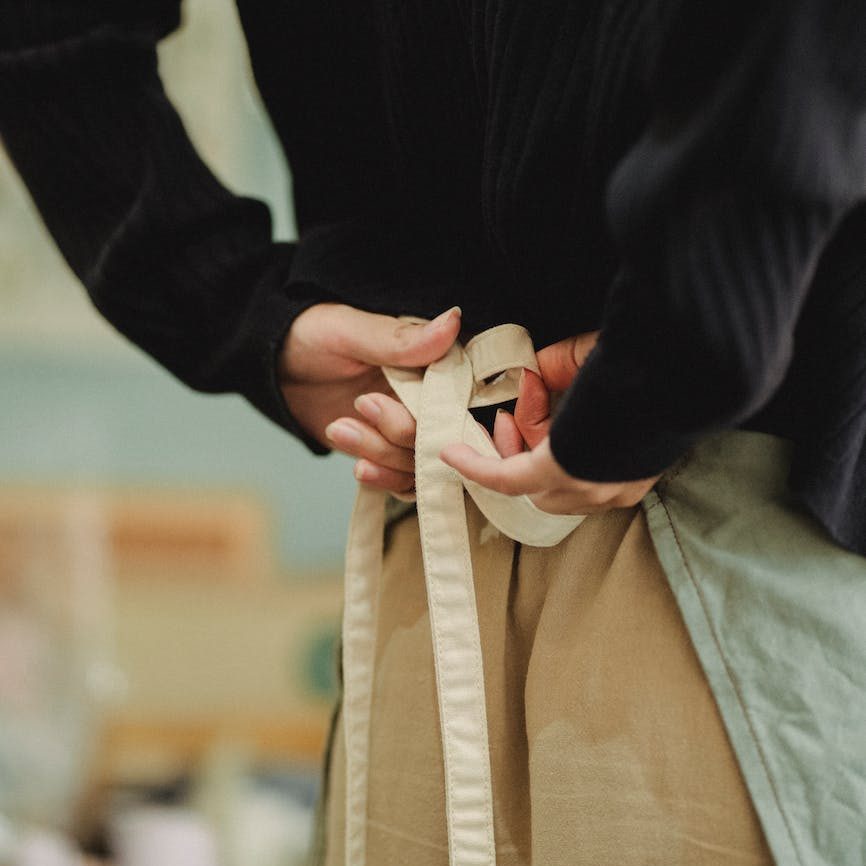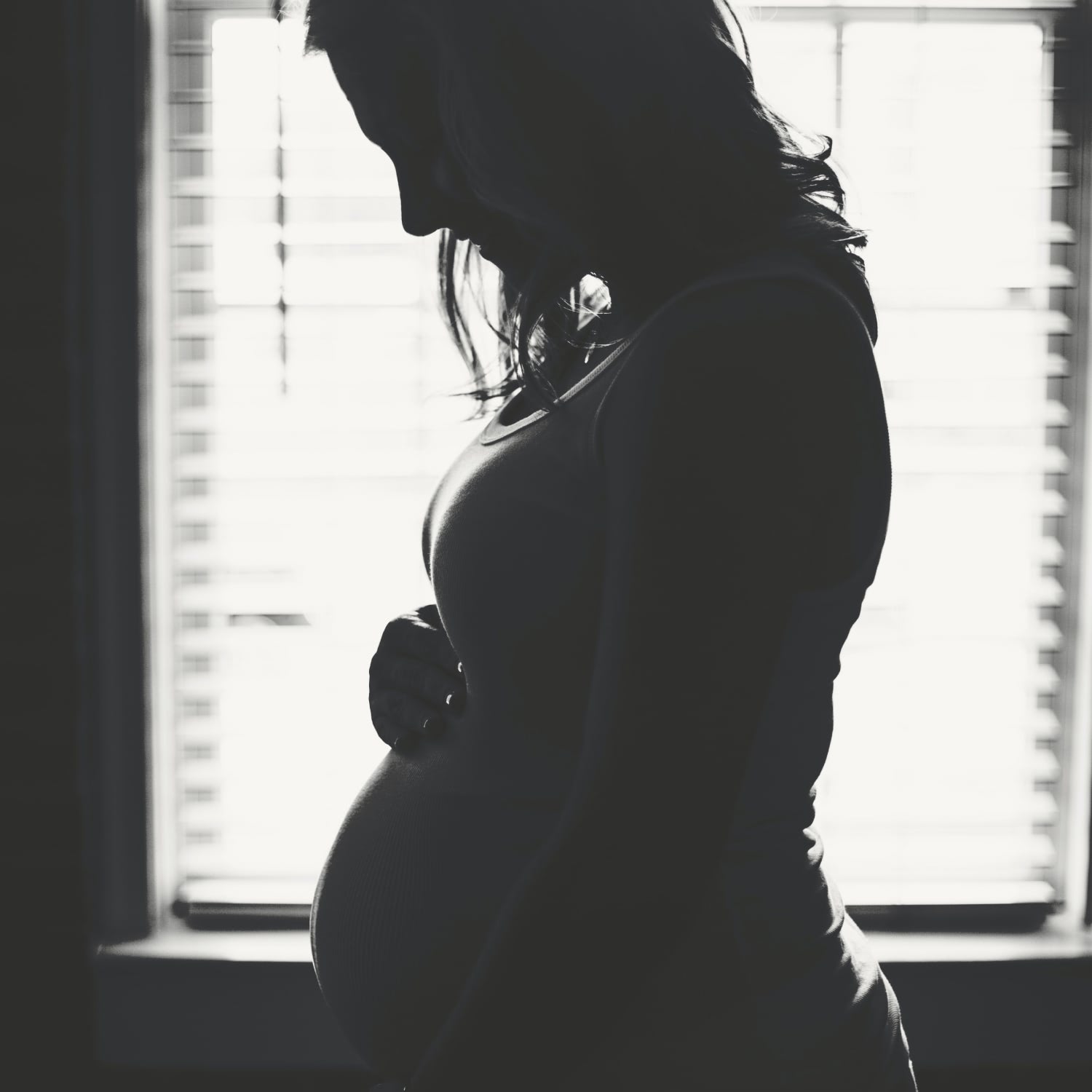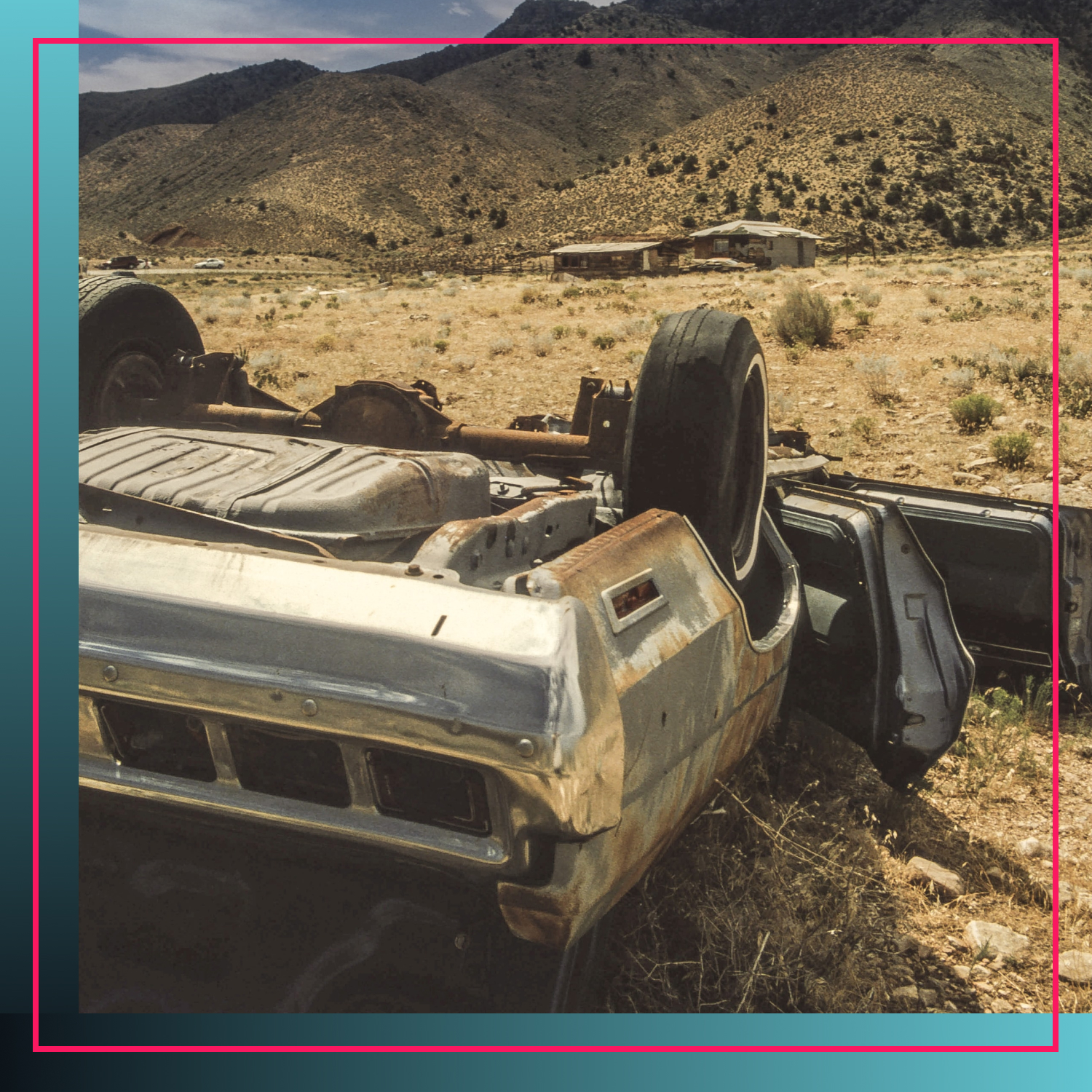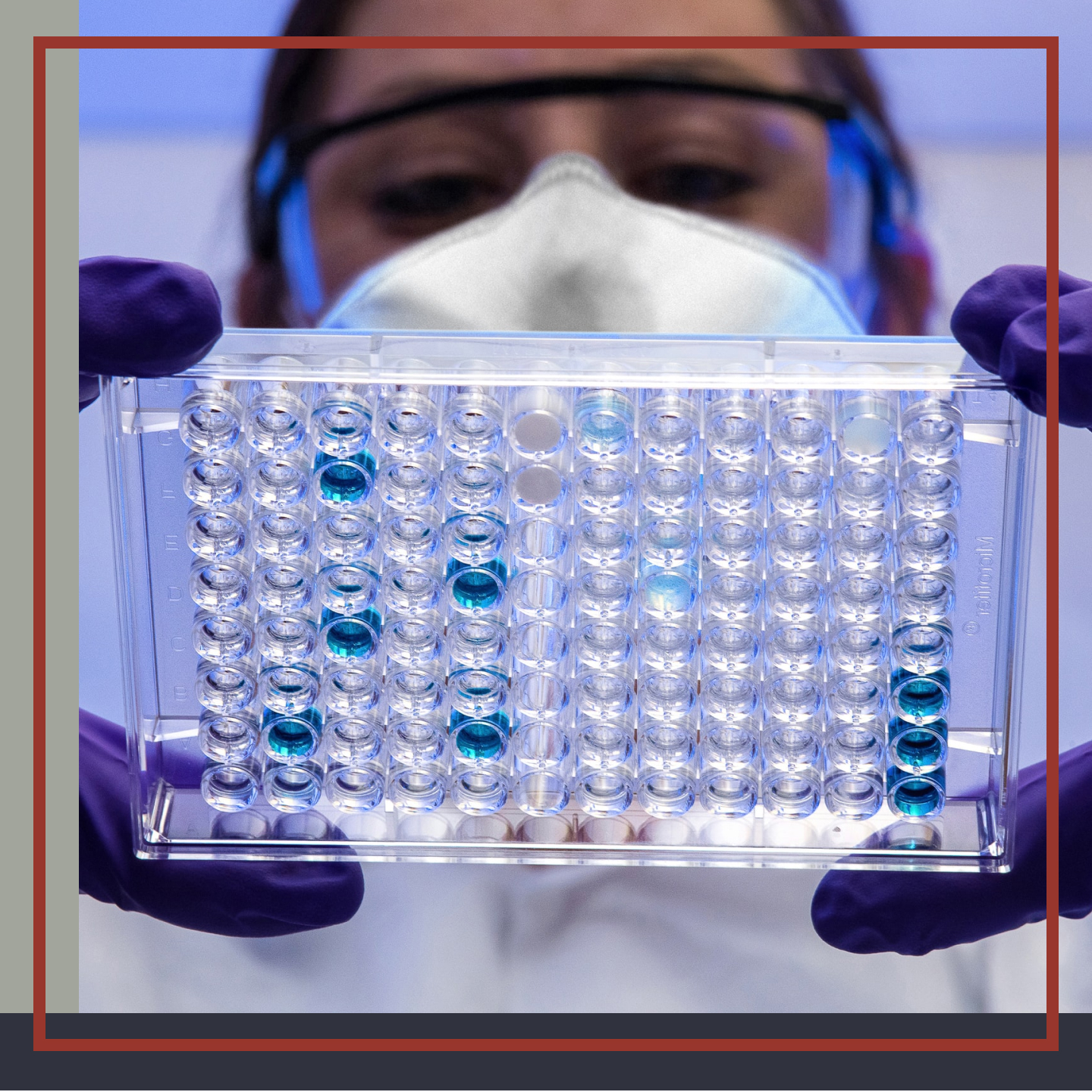
Photo by Amina Filkins on Pexels.com|Photo by Michael Burrows on Pexels.com
Photo by Amina Filkins on Pexels.com|Photo by Michael Burrows on Pexels.com
Working in Retail Changed How I Saw the World
This story is based on an interview with the editors of The Doe.
When I got my first job in retail, I was 17 and very pregnant. Walmart was the only place that would hire me—despite being a straight-A student and a good community citizen. Right away, it was intense. I was technically still a minor and supposed to only work about four hours a day, between the hours of 5pm and 9pm. But often, they would forget you at the register and if you walked away, you could get fired. I'd feel caught between speaking up for myself and getting in trouble, or staying and getting reprimanded later for staying past my shift. They didn't really support me as a person; they treated me more as a number, as a cog in the machine rather than someone who could actually bring value to their company.
I stayed at Walmart for only four months. I didn’t qualify for family leave, so I quit four days before my due date. I was living at home, but my dad was charging me over $400 a month for rent. I was relying on my savings because I had been saving every dollar I could get my hands on since I was about 15. About a year after the baby was born, I worked at a bagel shop for seven months, and then a retail cashier position opened up that paid more than minimum wage. I jumped on it.
At first I thought it was going to be really great. This wasn’t Walmart—this was a high-end grocery store chain that has a reputation for being socially conscious. At first, they did do some great things for me. But over the course of several years, the company made a lot of changes and lost sight of their values. Once they shifted their focus on profits, I was once again being treated as a number rather than an actual person with dignity.
They started implementing stricter rules. You needed to have open availability, which is very common for most retail places. They didn’t care if you had a family situation—either you showed up or you didn’t have a job. They started scheduling us just under the full-time status so that we’d lose medical care. During holidays, they had such over-the-top expectations. You literally could not stop to go to the bathroom. And when you did, there were long lines. Some bosses were cool about it, but more often than not, they were like, “You can't waste company time.”
It opened my eyes to see how people in lower-status jobs are treated.
One of the low points was around the time of #MeToo. In this industry, #MeToo didn’t do anything for anyone who didn’t have a camera in front of them. In fact, it sort of backfired on us. Women started complaining about men in power making them feel uncomfortable, and nothing would be done. They would say that we were attention-seeking or gaslighting us. The higher-ups would just say, “It’s a misunderstanding—not everything is #MeToo.” They told us we were trend-followers.
At one point, they re-hired a guy who many people had informally accused of sexual harassment. He pinpointed me as the person who’d spoken up—even though I wasn’t—and retaliated by taking away hours and giving me shifts I didn’t want. When I complained to a female store manager, she told me we should be taking his comments as compliments. And when we’d go to HR, they’d say, “It sounds like you’re not happy here. Go find another job.”
I really wanted to do just that, but then the pandemic happened. That was such a nightmare. From the beginning, we were told it was all hands on deck. At that point I had one kid in elementary school and one in middle school. My husband had gotten laid off, so I had to go into work. I was working whatever shifts they were giving me. We were told not to wear masks, and then we were told to wear masks, then we were told not to wear masks. Customers would scream and curse at us for mandating masks, then for not mandating them. They would yell at us and call us fascists. The company was one of the last ones of their kind to add hazard pay, and they were one of the first ones to take it away. COVID was rampant throughout the store, and they always told us to “take our time” and not test right away. They didn’t want us test positive because then they legally had to send us home.
The fear I had during the pandemic was the thing that eventually made me leave retail. I was burnt out and angry. I had gotten sick and didn't test positive for COVID, but I was out for two weeks. I was just having a realization of, “Wow, there really isn't anything protecting us right now.” Legislators had written us out of bills. We were not able to get vaccines until the general public did. It just made me feel like there was no one looking out for me. They would tell us it was our civic duty to show up to work, that they appreciated us. But it was always paired with, “You need to do more.” So it always felt a little backhanded.
After getting my resume professionally created, I was eventually was hired into a new career. But I worked at this grocery store for more than a decade. We think of these jobs as “starter jobs,” but for most people I’ve worked with, this job is their career. They get sucked into it like I did, and then you become typecast as someone who can only do retail. Before hiring a professional, I put out hundreds of resumes with no callbacks. People would tell me things like “I don't hire retail workers because you don't know how to do anything. You're untrainable.”
I really do think that people should work in the customer service industry for at least two years before they’re allowed to function in the world. It’s completely changed my perspective. It opened my eyes to see how people in lower-status jobs are treated, and how much skill is needed for these jobs that we brush off and don't treat with respect. One of my life missions is now to say to anyone who will listen: “We need to give these people a voice, because this is not okay.”











